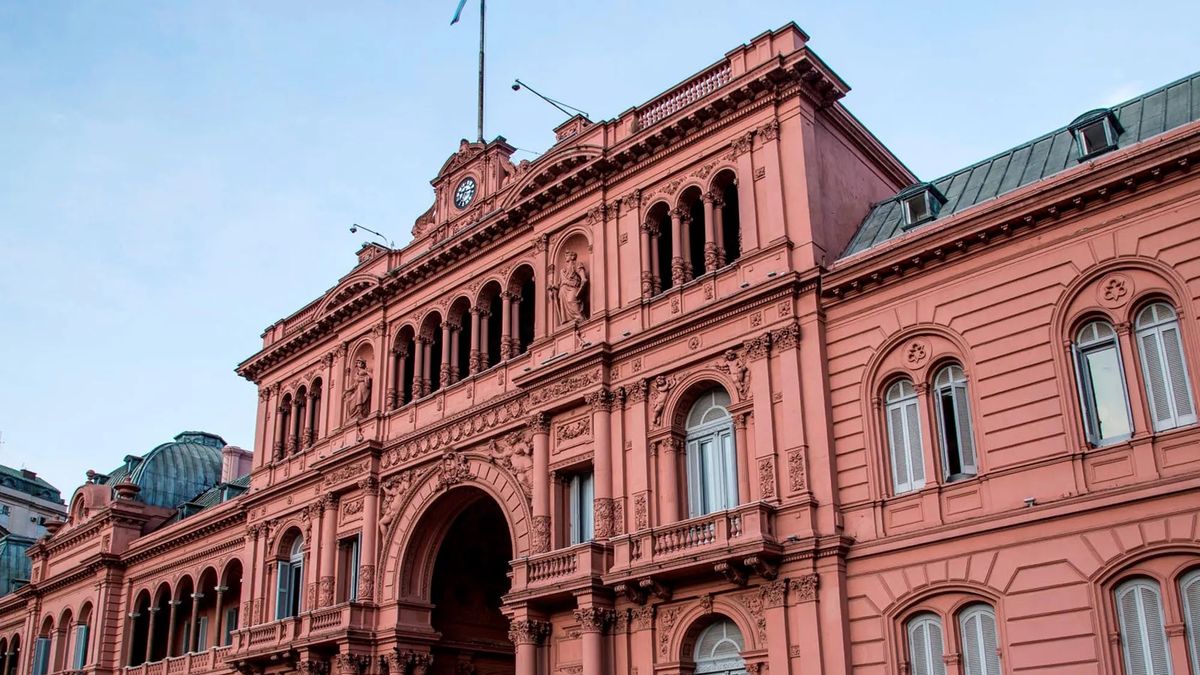The person in charge of explaining it publicly was Ilan Goldfajn, director of the Western Hemisphere Department, when he said this week that “the program has assumptions and has objectives; inflation is an assumption and the assumptions can be changed by new shocks to the global economy”. A member of the official delegation at the Llao Llao expressed himself in those same terms. According to sources with access to the talks with the international organization, the assumptions of the agreement can be revised depending on the impact of the war in Ukraine.
What will not be touched, according to what Guzmán expressed in Washington last weekend, will be the “goals” of the program, which are the pillars of the agreement: fiscal deficit of 2.5%; monetary financing equivalent to one point of GDP; and the reserve accumulation target of US$5.8 billion for the year. Those numbers, at least for now, are set in stone. Some interpretations of economists in recent weeks saw the estimate of capital spending equivalent to 2.4% of GDP as one of the possible adjustment buffers against an acceleration of State spending. That was completely ruled out by official sources when asked by this newspaper.
In the environment of the minister there are other numbers that are also beginning to be reviewed, such as the growth of the economy. Although they remain firm with the projection of a 4% GDP expansion this year, they make one caveat: if activity were to stagnate at this time of year, the rebound would be around 5%. However, the “caution” weighs. The same thing happened last year, when the minister estimated growth of 7% for 2021 and ended up exceeding 10%.
Guzmán received two rounds of applause at today’s meeting. One when a 40-minute presentation ended, with the usual Albertista “slides”, and another at the end of the round of answers from the businessmen. There were many queries – and questions – to the windfall project. The businessmen’s argument is well known: if they continue to increase tax pressure, it is a disincentive to make investments that boost the country’s economy.
Source: Ambito
David William is a talented author who has made a name for himself in the world of writing. He is a professional author who writes on a wide range of topics, from general interest to opinion news. David is currently working as a writer at 24 hours worlds where he brings his unique perspective and in-depth research to his articles, making them both informative and engaging.




